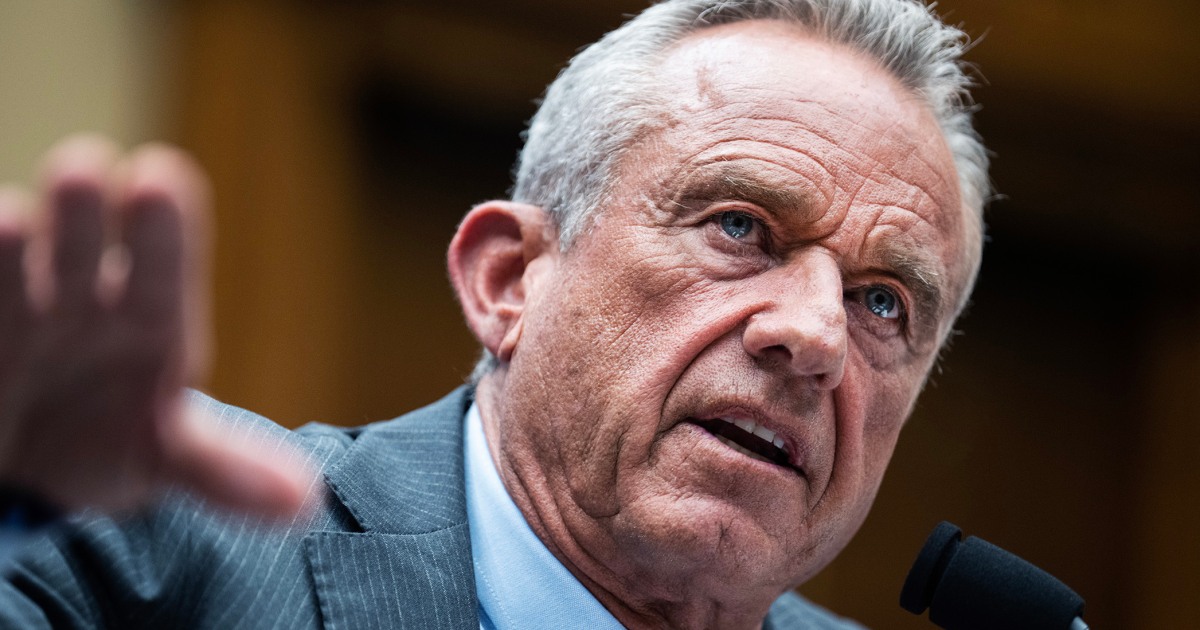
If you’ve ever been given a free or low-cost test for lung, breast, colon or cervical cancer which caught a tumor, it’s likely due to a panel of 16 doctors and public health experts who reviewed the evidence and determined that a screening could save your life.
That’s why anxiety is growing after Health and Human Services Secretary Robert F. Kennedy Jr. abruptly postponed a meeting this week with the highly influential United States Preventive Services Task Force, a group of 16 independent volunteers that advise the agency about preventative health services and screenings, including mammograms, HIV prevention medications, recommending support for new moms to breastfeed and lifestyle interventions for heart disease. Health insurance plans are required to cover the task force’s recommendations under the Affordable Care Act.
The meeting, scheduled for July 10, was postponed without explanation.
In an emailed statement, Andrew Nixon, an HHS spokesperson, declined to say why the meeting was canceled or whether it would be rescheduled. He did not respond to a follow-up request for comment.
An HHS notice sent Monday afternoon to task force members said the agency “looks forward to engaging with the task force to promote the health and well-being of the American people,” according to two people familiar with the task force meeting.
Task force members were not given a reason for the canceled meeting or whether it would be rescheduled, said the two people interviewed, who spoke on the condition of anonymity for fear of retribution.
Many task force members, however, fear Kennedy’s move could signal that he’s gearing up to fire them and install new members, as he did with a separate advisory committee, known as the Advisory Committee on Immunization Practices (ACIP), the sources said.
Last month, Kennedy fired all 17 members of ACIP — which makes recommendations to the Centers for Disease Control and Prevention on vaccines, including for children — and replaced them with eight new members. The new panel includes well-known vaccine critics.
“If you look at how things played out with ACIP, this could be a warning signal,” one of the people said.
The United States Preventive Services Task Force is a lesser known group that was first convened in 1984 during the Reagan administration. It includes physicians, nurses, pediatricians and public health experts. The task force plays an important role because the ACA , more commonly known as Obamacare, mandates that most private insurers provide the services that the group recommends to patients at no cost. The task force makes its recommendations using a grading scale. Under federal law, services that get an A or B grade but must be covered by insurance plans at no cost to patients.
The advisory group has been subject to outrage for its past decisions, including from conservative groups over an “A” recommendation to cover the HIV prevention pill, known as PrEP. Its controversial decision against routine blood test screening for prostate cancer in 2008 has been linked to rising rates of advanced cases of the disease. The task force currently advises against PSA-screening for older men, saying that men ages 55 to 69 should talk with their doctors about the benefits and harms.
The group usually updates its recommendations every five years after reviewing the latest science on preventive care. For example, in 2021, the task force updated its guidance on heart attack prevention, saying most adults shouldn’t take aspirin to prevent a first heart attack or stroke. Other recommendations from the task force include that all women begin breast cancer screening every other year starting at the age of 40, down from age 50. It also recommended that children and teens age 8 and up get screened for anxiety. Both have “B” recommendations.
The canceled meeting was set to discuss cardiovascular disease and prevention in adults and children, the people said.
“This institution proves vital,” said Arthur Caplan, the head of the Division of Medical Ethics at NYU Langone Medical Center in New York City. “The task force provides one of the few independent evidence-based assessments of what ought to be covered, especially in the area of prevention, which Kennedy has made a priority.”
“Postponing the meeting makes me very nervous,” Caplan added.
As health secretary, Kennedy does have the authority to remove and appoint new members of the committee, said Jen Kates, senior vice president and director of the Global Health & HIV Policy Program at KFF, a health policy research group.
That authority was actually a factor in the Supreme Court’s decision last month to uphold the Affordable Care Act provision that requires insurers to cover certain preventive services for free.
The court agreed with the Trump administration that the task force members were “inferior officers,” Kates said, because their work was directed and supervised by Kennedy.
“The Supreme Court basically ruled that the [health] secretary has the power to appoint members and remove them at will,” Kates said. “So it basically affirms the argument that the secretary has the ultimate authority over the panel.”
It’s unclear which areas of health care Kennedy might target by shaking up the panel.
PrEP, the HIV prevention pill, is “one to watch,” Kates said, because the Trump administration has already moved to restrict access to the medication in other countries.
Caplan said Kennedy could direct the task force to look into topics he’s interested in, such as nutrition or processed foods.
Health groups immediately pushed back when news broke that Kennedy postponed the meeting.
On Wednesday, a letter signed by more than 100 public health groups — including the American Medical Association and the American Academy of Pediatrics — urged U.S. lawmakers to “defend the task force’s integrity.”
The letter was led by AcademyHealth, a group representing health researchers.

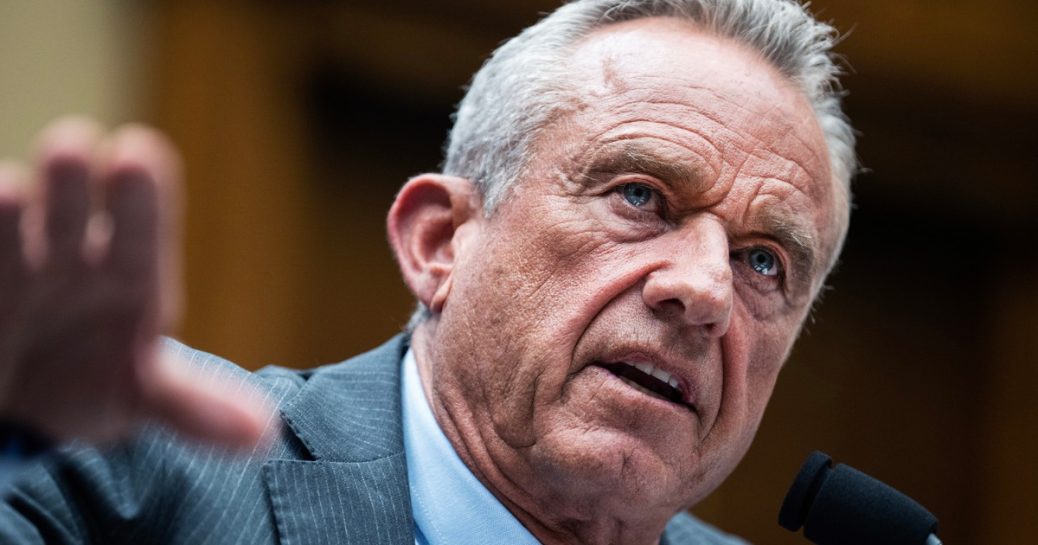
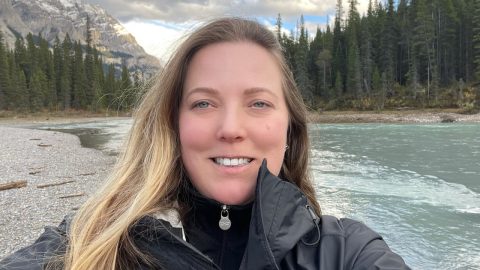
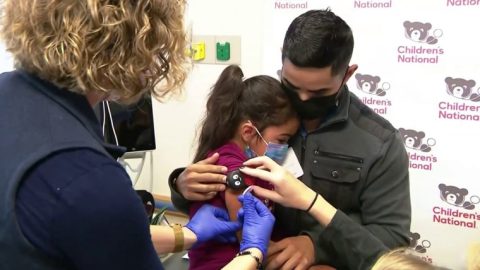
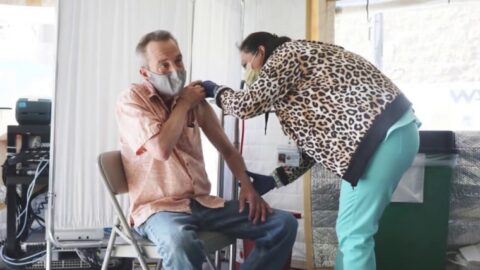
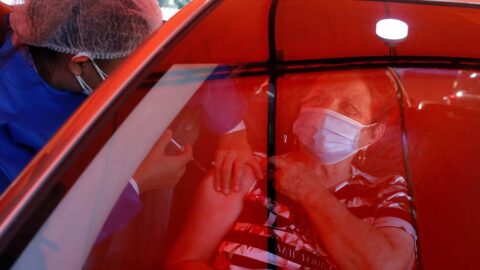


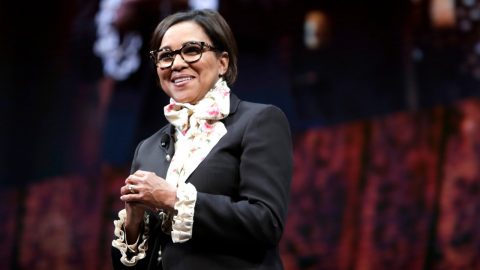
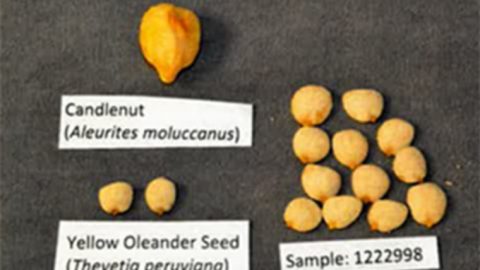
Recent Comments